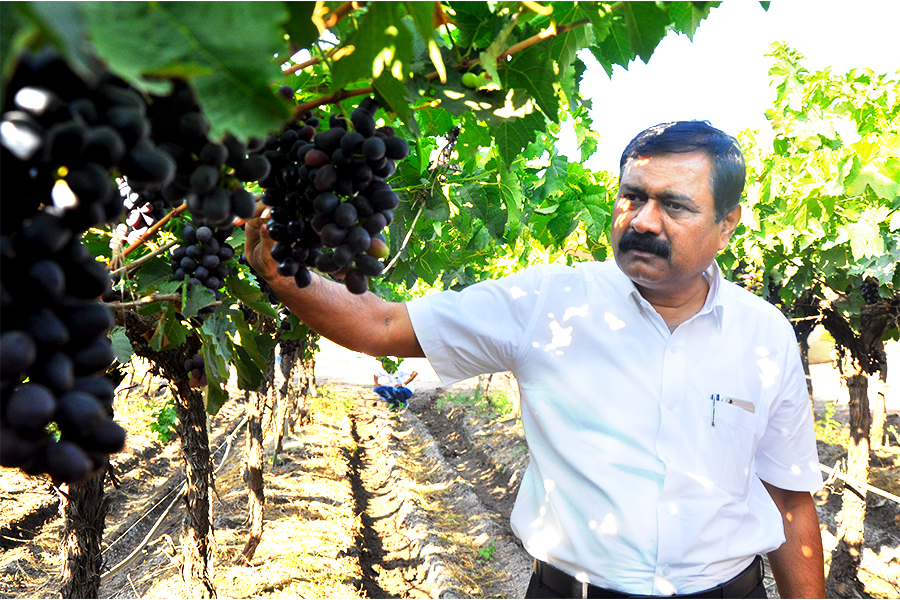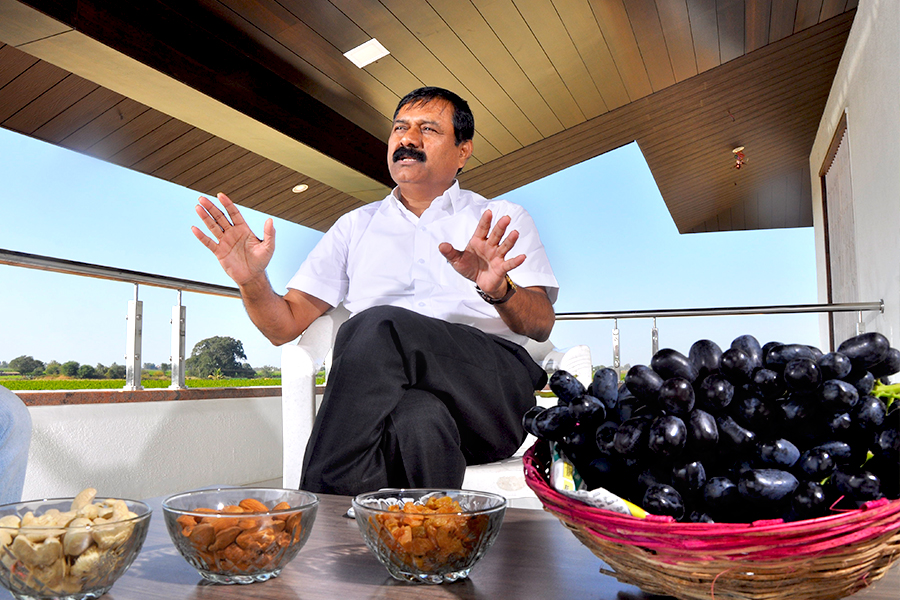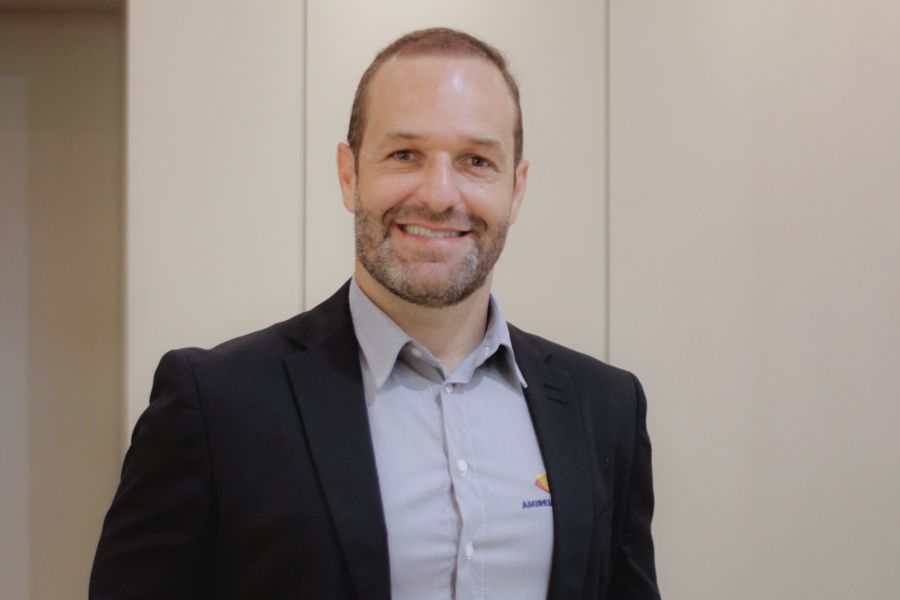GAP farming helped us to increase our market share
Rajaram Sangle, Director, Sangle Agro Processing Pvt. Ltd., states that GAP farming has helped his business establish a strong hold in European markets. He also claims that farmers have benefited from GAP because of less use of resources like water & pesticides, and thereby save costs by this sustainable agricultural practice.

IBT: What do you mean by GAP agriculture? What prompted you to adopt this mode of farming and what other sustainable agricultural practices do you have?
Rajaram Sangle: Good agricultural practices refer to a sustainable method of farming incorporating the best suited technology to complement the crop being cultivated. It entails appropriate usage of plant protection chemical and fertilizers, both synthetic and organic. It includes, but is not confined to, IPM, INM, suitable and viable irrigation system like drip, sprinkler etc. Product safety and workers safety are primary concerns of GAP.
I mainly export to European region. Almost all markets in Europe have made global GAP mandatory. GAP requires minimal use of pesticides as they’re toxic for human health. The documentation process involved in this made us keep a check on the limit and kinds of pesticides and chemicals that were being used in our farms. Prior to this, there was no documentation and no defined system when it came to the kind of resources which were being deployed at our farms. That prompted us to adopt GAP farming around 15 years ago.
IBT: How did you bring farmers on board to cultivate their produce according to these practices? What benefits does this agricultural practice have for them?
Rajaram Sangle: The farmers are brought under a group and the technical support through technical persons are given to producers. Once farmers have the required documentation in place, GAP allows them to save costs as it prevents an unnecessary usage of pesticides & water. Moreover, there is a promising market for Indian farmers practicing GAP farming in Europe.
IBT: What were the initial hiccups that you faced while practicing it? How did you overcome it?
Rajaram Sangle: The biggest problem was the infrastructure. In GAP, one of the biggest challenges is that it requires hygiene – which wasn’t the case with Indian farms. So, we asked farmers to build toilets at their farms, storage facilities for pesticides and clean drinking water. All these parameters were taken care of.
Another challenge was that farmers were reluctant to adopt this farming practice initially as it involves a lot of documentation and audit of farms. Farmers were initially wary of allowing outsiders to audit their farms. In order to bring farmers on board, we made them familiar with the various benefits that it brings. We ensured them that we will teach them about the process of documentation. Gradually, when farmers realised that they have to hire fewer farm labour and saving time, fertilisers & costs, more farmers came on board.

IBT: Which countries can India look up to for lessons in GAP farming and what can it learn from them?
Rajaram Sangle: We learned GAP farming from Europe, where it is very structured. After the success of this farming practice in Europe, other nations like Japan from where Europe imports agricultural commodities were asked to come on board. GAP farming then came to India.
IBT: What are the key markets that you serve? What benefits has GAP farming as a business model brought for you in terms of ROI & profit maximization?
Rajaram Sangle: We export mainly European Countries where Global Gap is mandatory. GAP helped us to increase our market share. It enabled us to increase the confidence among our customers by establishing traceability. Plus, it also helps farmers to save their costs.
IBT: How did COVID-19 impact your business? What challenges did you face & how did you get past them?
Rajaram Sangle: The pandemic had a major impact on our business. Owing to the lockdown, shutting down of hotels and curbs on the entry of tourists in India there was a decline in the sales of our products by around 40%. Moreover, given the short shelf-life of our products, there was wastage and high losses.
Rajaram Sangle is a Director at Sangle Agro Processing pvt Ltd, Maharashtra. The views expressed by him are personal and not necessarily those of his organisation.













Leave a comment